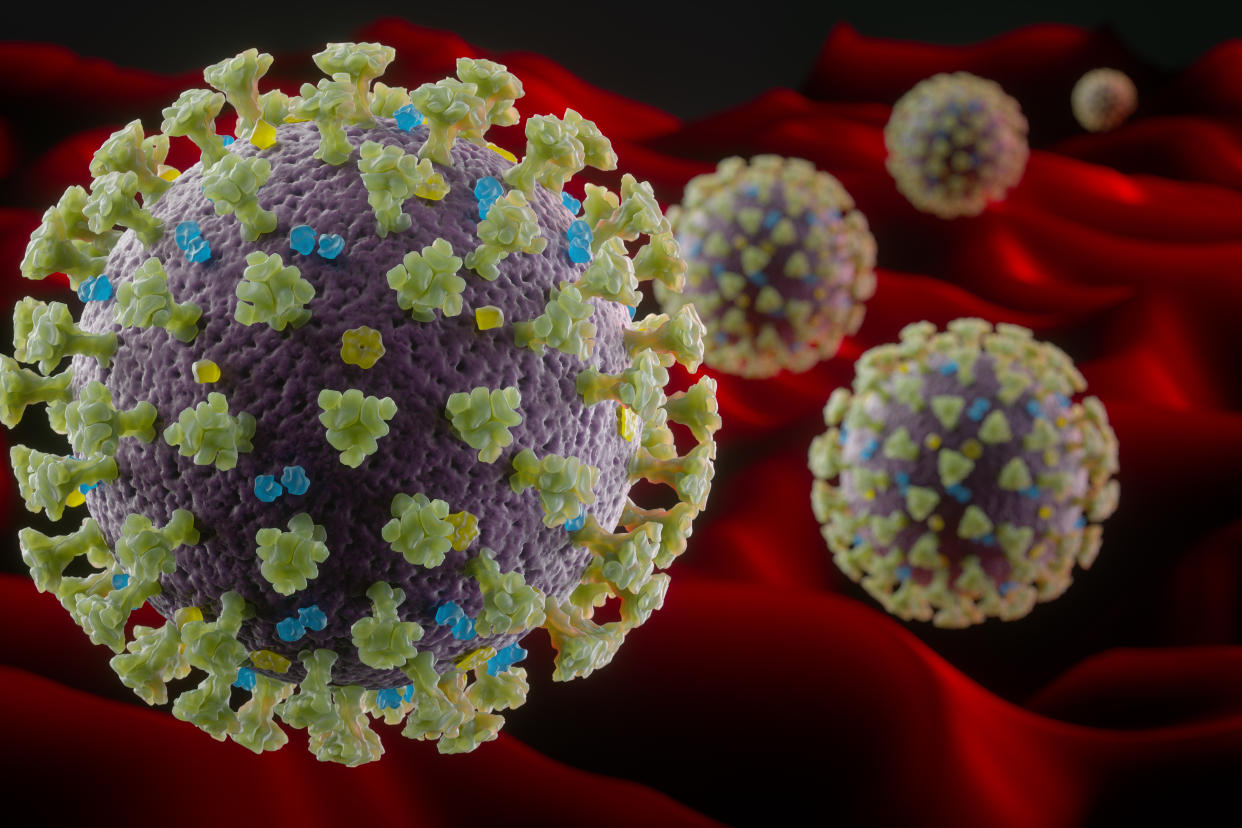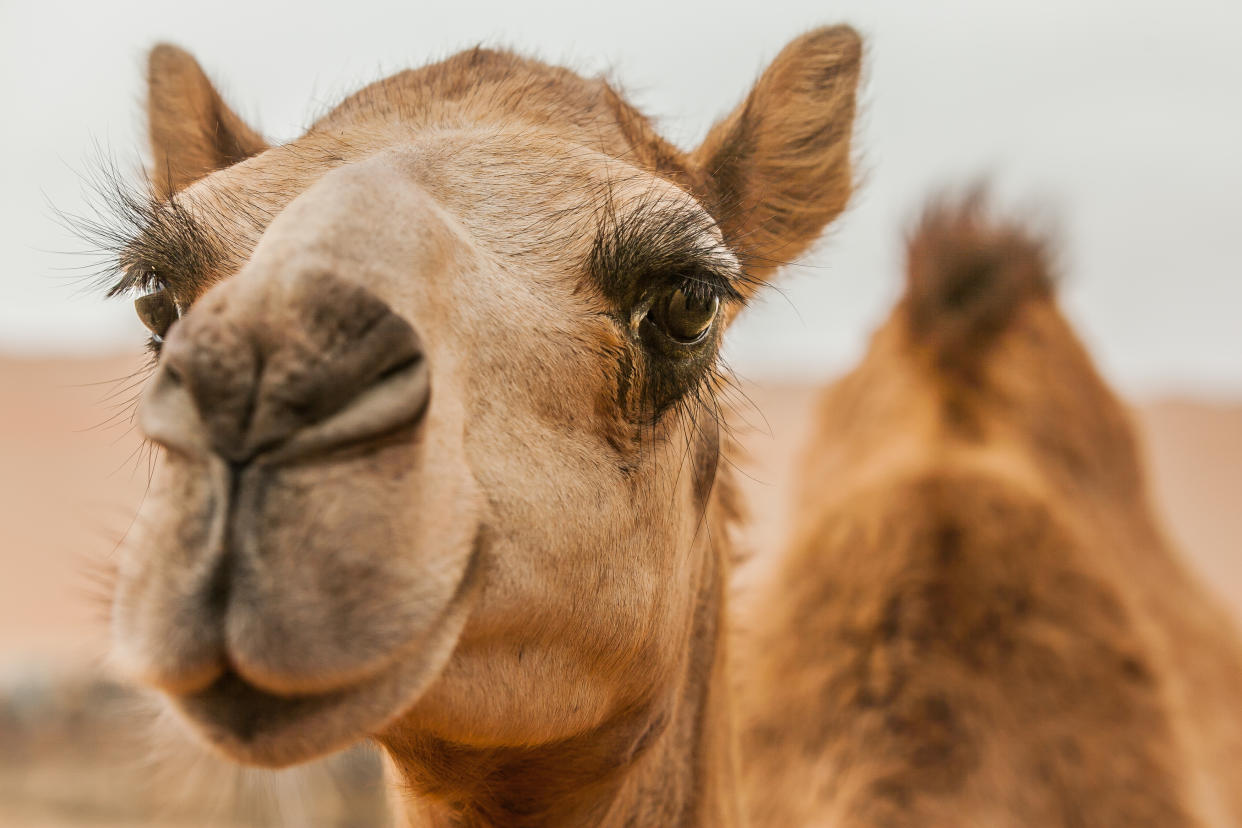Mers is just a few mutations away from being a pandemic threat, study suggests

The coronavirus that causes Middle East respiratory syndrome (Mers) could evolve into a pandemic, research suggests.
It is one of seven strains of a viral class that are known to infect humans, with others including the circulating coronavirus, which causes COVID-19, and the one that causes severe acute respiratory syndrome (Sars).
Mers has killed 858 people since it arose in Saudi Arabia in 2012.
The Mers coronavirus can linger in the nostrils of camels, which are used for transport in some parts of the world. A handful of people catch the infection every year, with around four in five (80%) cases occurring in Saudi Arabia.
Read more: Long COVID patient unable to work a year after catching coronavirus
Human-to-human transmission is rare "unless there is close contact", like if a medic with insufficient personal protective equipment (PPE) treats an infected patient.
Writing in the Proceedings of the National Academy of Sciences journal, scientists from the University of Hong Kong warned just a few mutations to the Mers virus could allow it to spread more readily between people.

Like COVID-19, Mers's severity ranges from causing no symptoms to death.
Mers is said to kill more than a third (35%) of patients, but "this may be an overestimate of the true mortality rate" due to surveillance systems often missing mild cases.
The death rate of the circulating coronavirus will unlikely be clear until after the pandemic has passed. Experts have previously estimated the fatality rate at 1% to 2%.
Read more: Vegan diet cuts severe COVID risk by 73%
Twenty-seven countries have reported Mers cases since 2012, including the UK, the US and France.
Incidences outside of the Middle East can usually be traced to infected people travelling in the area.
When it comes to controlling Mers, the World Health Organization does not recommend any travel or trade restrictions, or entry screening at airports.
Watch: Do coronavirus vaccines affect fertility?
Since the 2012 outbreak, many dromedaries – Arabian one-humped camels – have been tested for the Mers virus. Up to eight in 10 (80%) of the tested animals came back positive for the infection, of which seven in 10 (70%) lived in Africa.
It was therefore somewhat of an "enigma" why more people in Africa do not develop Mers.
To learn more, the Hong Kong scientists analysed viral samples collected from dromedaries in the Arabian Peninsula and a range of locations in east, north and west Africa, including Egypt, Morocco and Nigeria.
Read more: Green tea compound could combat severe COVID
Results revealed the African variants had "lower replication competence" in mice and human lung cells during laboratory experiments.
The variants that are "now entrenched in the Arabian Peninsula" have acquired genetic mutations at their so-called spike protein.
Also used by the circulating coronavirus, the spike protein enables the pathogen to enter human cells, with this being a target for many vaccines.
Genetically engineering African variants to have the same mutations would allow them to infect humans more easily, according to the scientists.
If these variants were "introduced into Africa, they are likely to become dominant", wrote the scientists.
The nature of the camel trade makes this unlikely, however. The system is largely one-way, with the animals being sent from the Horn of Africa to the Arabian Peninsula.
If the trade route were to reverse, or another animal became a carrier for the virus and was traded to Africa, mutations could arise.
Genetic changes can also occur "independently", with coronaviruses mutating relatively frequently.
"Either scenario would lead to major adverse health impacts in Africa and be associated with pandemic threat," wrote the scientists.
Unlike the circulating coronavirus, the pathogen behind Mers has no specific treatment or vaccine, although these are being developed.
Existing Mers treatments are "supportive", such as ventilation to keep a patient alive while their immune system fights off the infection.
Watch: What is long COVID?



